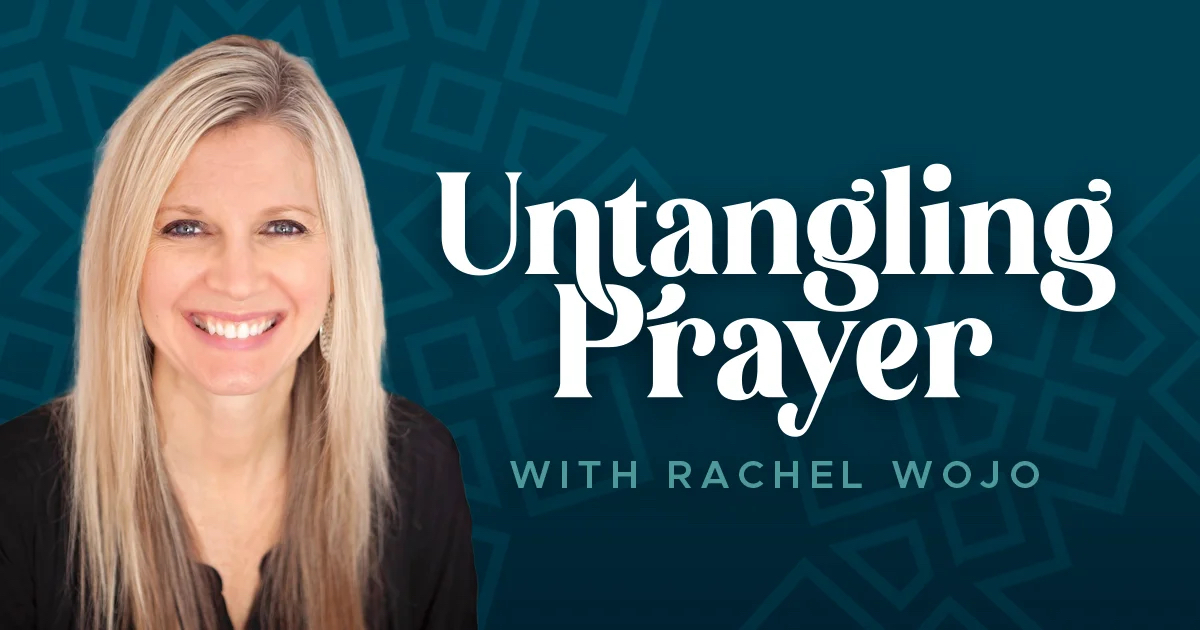
Love Makes All the Difference
By: Betsy St. Amant Haddox
Jesus answered, “The most important is, ‘Hear, O Israel: The Lord our God, the Lord is one. And you shall love the Lord your God with all your heart and with all your soul and with all your mind and with all your strength.’ The second is this: ‘You shall love your neighbor as yourself.’ There is no other commandment greater than these. - Mark 12:29-31
Loving our spouses can be easy. Some days, the sparks fly and we crack each other up and snuggle as we fall asleep and all is well. Other days, loving doesn’t come quite that naturally. Words are flung and tears are shed, and we fall asleep on opposite sides of the mattress. It’s in those not-so-ideal times that we wonder, why is it so hard to love the way we’re supposed to?
I realized a while back a connection here. The verse in Mark instructs us to love our neighbor—which includes our spouse—as ourselves. That means we’re to treat our spouse as carefully and lovingly and gently as we would our own flesh. Right?
But how many times are we guilty of betraying ourselves?
I don’t know about you, but I struggle with loving myself. Those times when my temper flares and I say things I regret… those times I beat myself up mentally for messing up…those times I berate myself in the mirror… It’s all too easy for me to pick apart all my flaws, both physical and figurative. I can feel too much and not enough and less than, all at once. I replay embarrassing moments or assume others are thinking the worst about me—because all too often, I’m guilty of thinking the worst of myself.
I’m pretty hard on me. And I bet you have moments where you’re hard on you, too. So how in the world can we love our neighbor—our spouses—if we can’t love ourselves properly?
Genesis 2:24 (ESV) Therefore a man shall leave his father and his mother and hold fast to his wife, and they shall become one flesh.
If we’re one flesh, but we despise ourselves, we’re not going to get anywhere very far. We’re still hating a significant half of our marriage, and odds are, we’re taking it out on our spouse. Having a healthy self-esteem in remembering who we are in Christ is not only better for us, it’s better for our marriage as a whole.
Fighting with our spouses is as futile as physically beating up one of our arms with our other arm. Of course, arguments are going to happen in marriage, and there will be disagreements—but fighting and discord is useless. It only causes damages to both parties involved, no matter who was right or wrong in the end.
Instead of fighting, seek to love. While you’re at it, stop fighting with yourself. Turn that mental critic off, and instead of pointing out your grab-bag of imperfections, focus more on who the Lord says you are. Psalm 139:14 reminds us: I praise you, for I am fearfully and wonderfully made. Wonderful are your works; my soul knows it very well.
But you are a chosen race, a royal priesthood, a holy nation, a people for his own possession, that you may proclaim the excellencies of him who called you out of darkness into his marvelous light. - 1 Peter 2:9
Basking in the light of the love of God reminds us that we can love others—and ourselves—because God first loved us. We’re secure in Him. It’s not up to us or our works, or how well our spouse treats us, or how our ratio of good deeds to bad deeds pans out—it’s all about Him.
Betsy St. Amant Haddox is the author of fifteen inspirational romance novels and novellas. She resides in north Louisiana with her drummer of a hubby, two story-telling young daughters, a collection of Austen novels, and an impressive stash of pickle chips. Betsy has a B.A. in Communications and a deep-rooted passion for seeing women restored in Christ. When she's not composing her next book or trying to prove unicorns are real, Betsy can usually be found somewhere in the vicinity of a white-chocolate mocha. Look for her latest novel with HarperCollins, LOVE ARRIVES IN PIECES, and POCKET PRAYERS FOR FRIENDS with Max Lucado. Visit her at http://www.betsystamant.com./
 Related Resource: How to Make Your Prayer Habits Stick
Related Resource: How to Make Your Prayer Habits Stick
Have you ever thought: "I wish I would have prayed first?"
Remembering to make prayer our first option over others in times of crisis, need, or our everyday lives can be challenging. We've all experienced the many distractions that circumvent our prayer intentions.
Join Rachel on Untangling Prayer as she shares James Clear's 4 laws of behavior change and how they apply to our prayer lives.
You won't want to miss the amazing answer to prayer and sweet affirmation she also shares as a beautiful example of how God works in our lives today! If you enjoy this episode, be sure to subscribe to Untangling Prayer on Apple or Spotify so you never miss an episode! Rachel also has a new book called Desperate Prayers: Embracing the Power of Prayer in Life's Darkest Moments.